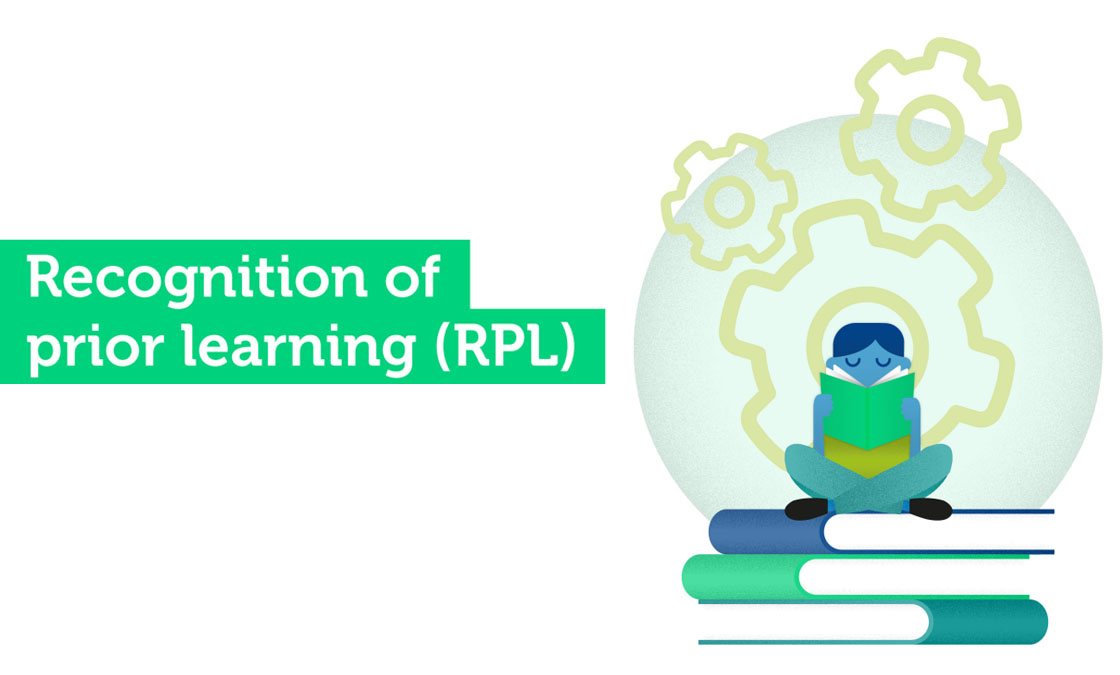Everything You Need to Know About Recognition of Prior Learning
الجسم
Recognition of Prior Learning is an essential concept for individuals who have gained skills, knowledge, or experience outside of traditional educational environments. Whether through work, informal training, volunteering, or life experience, RPL offers a formal way to assess and validate what a person already knows. This process helps people achieve certifications, qualifications, or advance their careers without starting from scratch. Understanding how RPL works and why it matters is key for anyone looking to transition, upskill, or formalize their existing competencies.
What Is Recognition of Prior Learning?
Recognition of Prior Learning is the formal process by which an individual's previously acquired skills and knowledge are assessed against the requirements of a specific qualification or standard. It acknowledges that valuable learning often takes place outside of classrooms and educational institutions. This process is especially useful for adults re-entering education or the workforce, as it can shorten the time needed to achieve qualifications and reduce the cost of further education.
Why Recognition of Prior Learning Matters?
Recognition of Prior Learning plays a crucial role in making education and career development more accessible. It supports lifelong learning by valuing real-world experience and helps build confidence in those who might not have formal academic achievements. For employers, it means better talent recognition and resource management. For individuals, it provides a pathway to further education, new job opportunities, and a stronger sense of personal achievement.
How the RPL Process Works
The Recognition of Prior Learning process typically involves gathering evidence of prior learning and submitting it for assessment. Evidence might include resumes, work samples, references, training certificates, or portfolios. An assessor evaluates this information to determine whether it meets the criteria of a given qualification. In some cases, a practical demonstration or interview may be required to support the documentation.
Who Can Benefit from Recognition of Prior Learning?
Anyone with relevant experience or learning outside formal education can benefit from Recognition of Prior Learning. This includes professionals looking to validate skills gained on the job, immigrants wanting to transfer international qualifications, military veterans re-entering civilian life, and adults returning to study. It offers a fair and inclusive opportunity for a broad range of individuals to gain recognition for their knowledge and skills.
Types of Learning Recognized
Recognition of Prior Learning applies to various types of learning, including formal, non-formal, and informal learning. Formal learning refers to structured programs like college courses. Non-formal learning includes workplace training or short courses, while informal learning encompasses experience gained through everyday activities such as problem-solving, mentoring others, or volunteering. All of these can be considered valid sources of learning during the RPL assessment.
Steps to Getting Started with RPL
Starting the Recognition of Prior Learning journey typically involves contacting a registered training organization or educational institution that offers RPL assessments. The next steps include discussing eligibility, gathering relevant evidence, and understanding the requirements of the qualification. Once the evidence is submitted, assessors will review it, provide feedback, and determine whether the applicant meets the necessary outcomes for recognition.
Common Misconceptions About RPL
A common myth is that Recognition of Prior Learning is an easier way to earn a qualification, but in reality, it demands a thorough demonstration of competence. Another misconception is that only work-related experience counts, when in fact, life experiences and volunteer roles can also be valid. Understanding these misconceptions helps set realistic expectations and highlights the value of honest self-assessment and preparation.
The Future of Recognition of Prior Learning
As the demand for flexible and personalized learning pathways grows, Recognition of Prior Learning is likely to become more integrated into educational and professional development systems. With rapid changes in industries and job markets, RPL ensures that skills remain relevant and recognized. Its continued expansion offers a practical solution for skill shortages and promotes equity in access to education and career advancement.











تعليقات